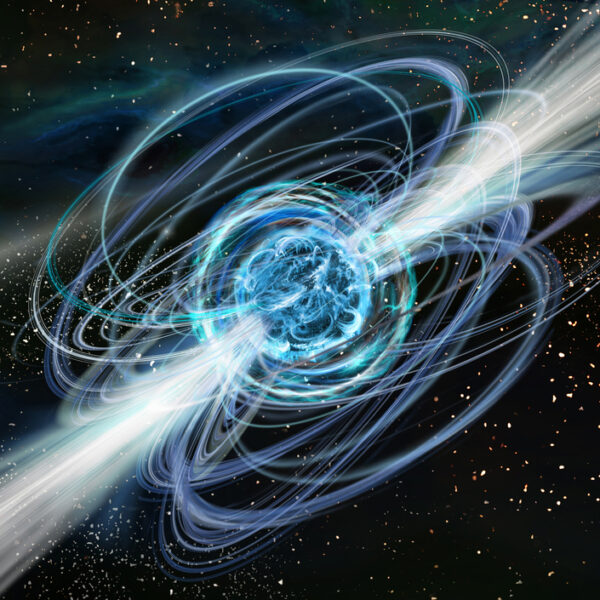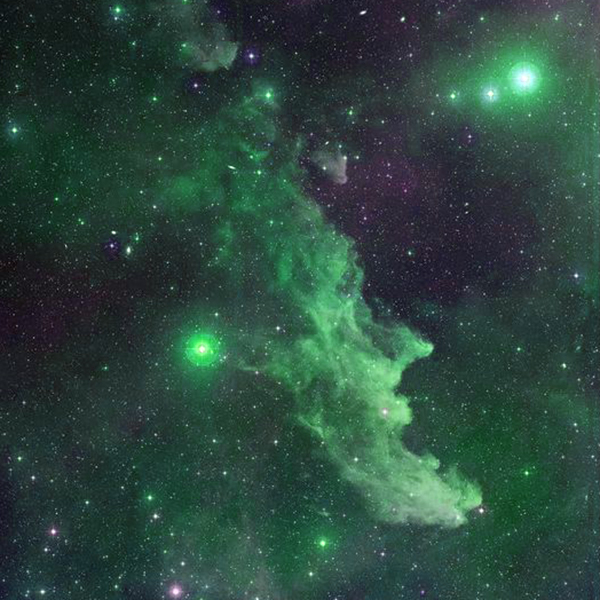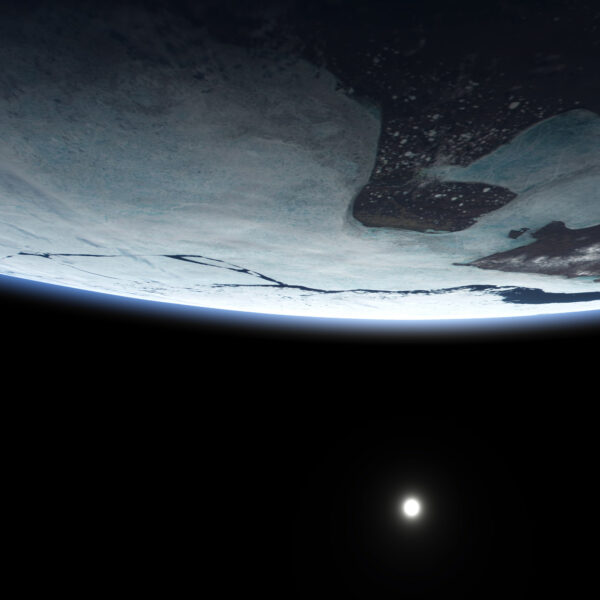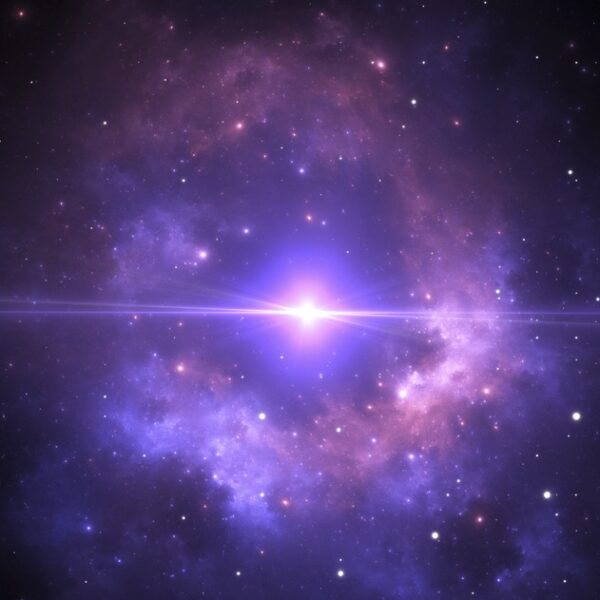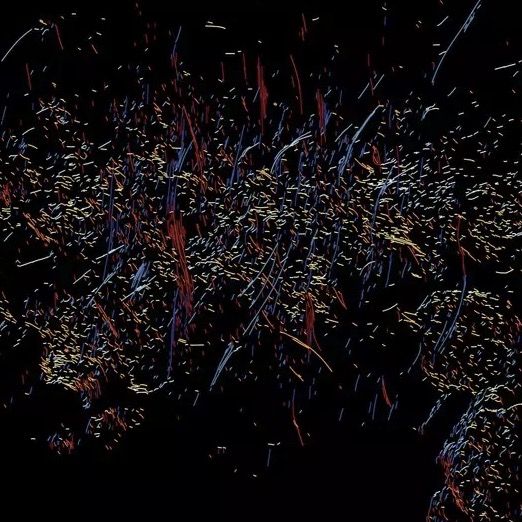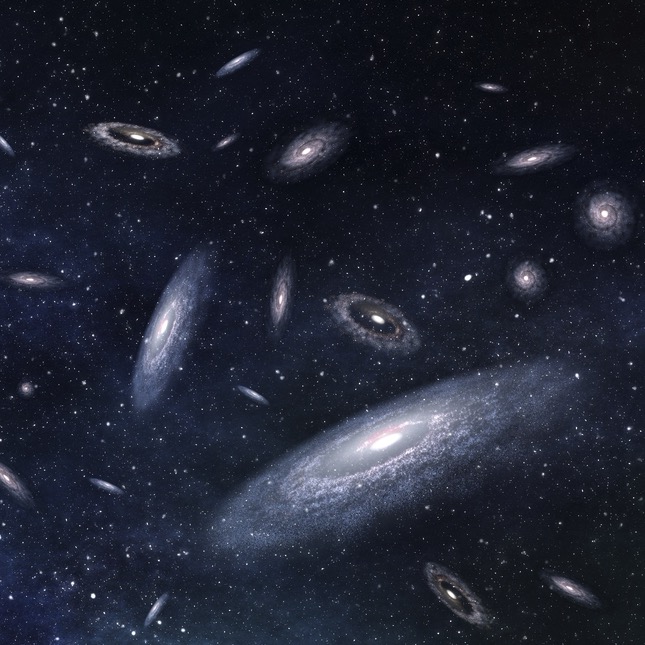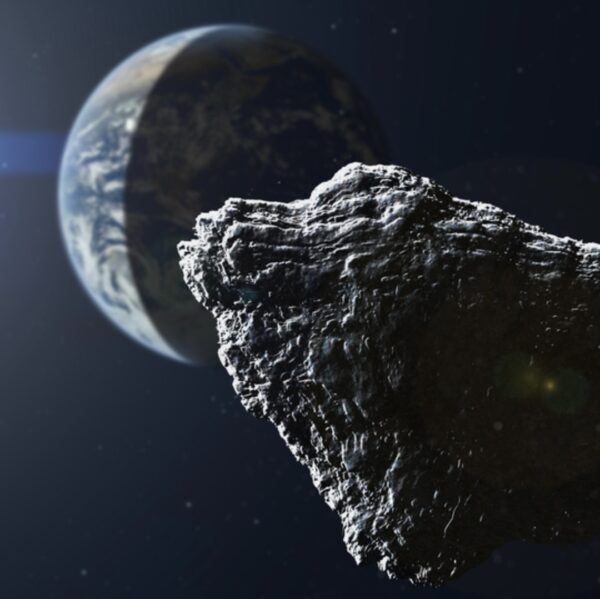Writer Fuel: Scientists Discover a Death-Defying Magnetar
Astronomers have discovered a new class of stellar object that seems to be defying death in inexplicable ways. The object, located about 15,000 light-years from Earth, appears to be a magnetar — the collapsed heart of a once-giant star, now cramming a sun’s worth of mass into a ball no wider than a city, while … Read more

